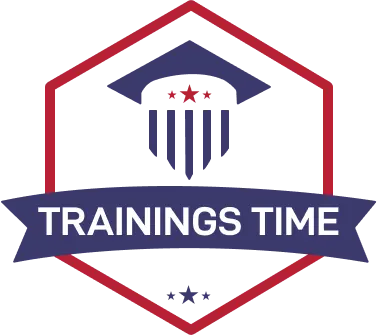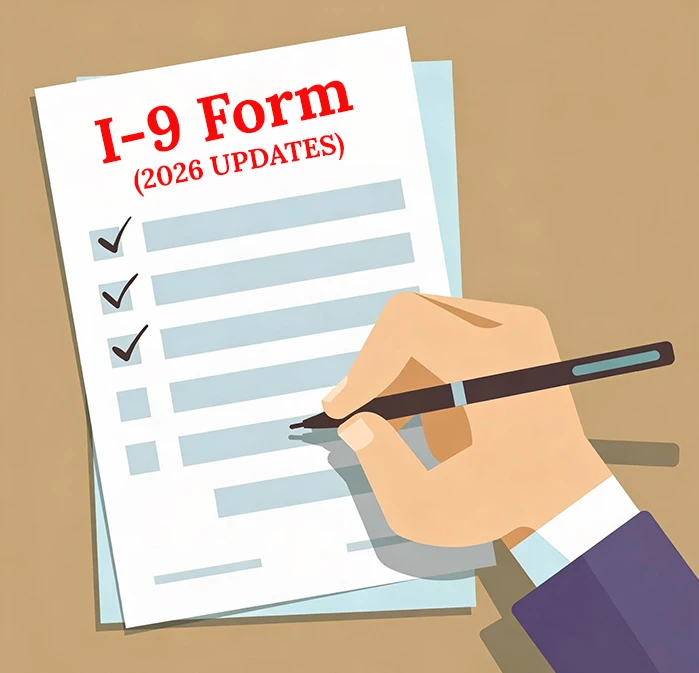Workplace Harassment or any kid of discrimination at the workplace must be intolerable at any workplace. Laws like the Civil Rights Act of 1964 have improved the working lives of many, there are still serious issues that require attention and action. Human Resource professionals are especially important for creating hospitable and inclusive work environments. EEOC and employer, they two can work together to create a more diversify workplace where they strive to frame a level playing field. If the HR doesn’t listen to an employee complaint as a employee you have the right to restore to the EEOC and file the complaint with the EEOC.
Policies that discriminate against protected classes of individuals, either explicitly or accidentally, are illegal. Thus, even unintentionally discriminatory practices that disparately impact those that are vulnerable to prejudicial treatment must be prevented. Acts such as the Civil Rights Act of 1964 and EEOC help out employees. And, here Human Resources manager play a crucial role. When it comes to workplace harassment there must be a individual whom the victim can trust and contact and rely on in the need of hour. Because, they are the very first point of contact. When it comes to workplace harassment there must be a individual whom the victim can trust and contact and rely on in the need of hour.
Investigating an employee’s claim of discrimination or harassment requires immediate action on the part of employers to satisfy the recommendations of the Equal Employment Opportunity Commission (EEOC). Workplace harassment is a serious issue that continues to plague many organizations. The EEOC strongly recommends that employers swiftly investigate and resolve employees’ complaints of workplace harassment and discrimination.
If an employee lodges a complaint against a colleague or the employer itself, an investigation is a required step since courts have ruled that failure to investigate on the part of an employer is akin to discrimination.
Responsiveness to a complaint and an investigation will not only yield the best information and evidence, but it will also enhance both the investigator’s and employer’s credibility. Investigations can help the organization identify and resolve internal problems before they become widespread.
Given that every EEOC complaint has the potential to become a lawsuit, employers should investigate every case in a manner in which it can be presented to a court of law, if necessary. As potentially disruptive as investigations can be, they must be prompt, thorough and effective to ensure all parties’ protection.








